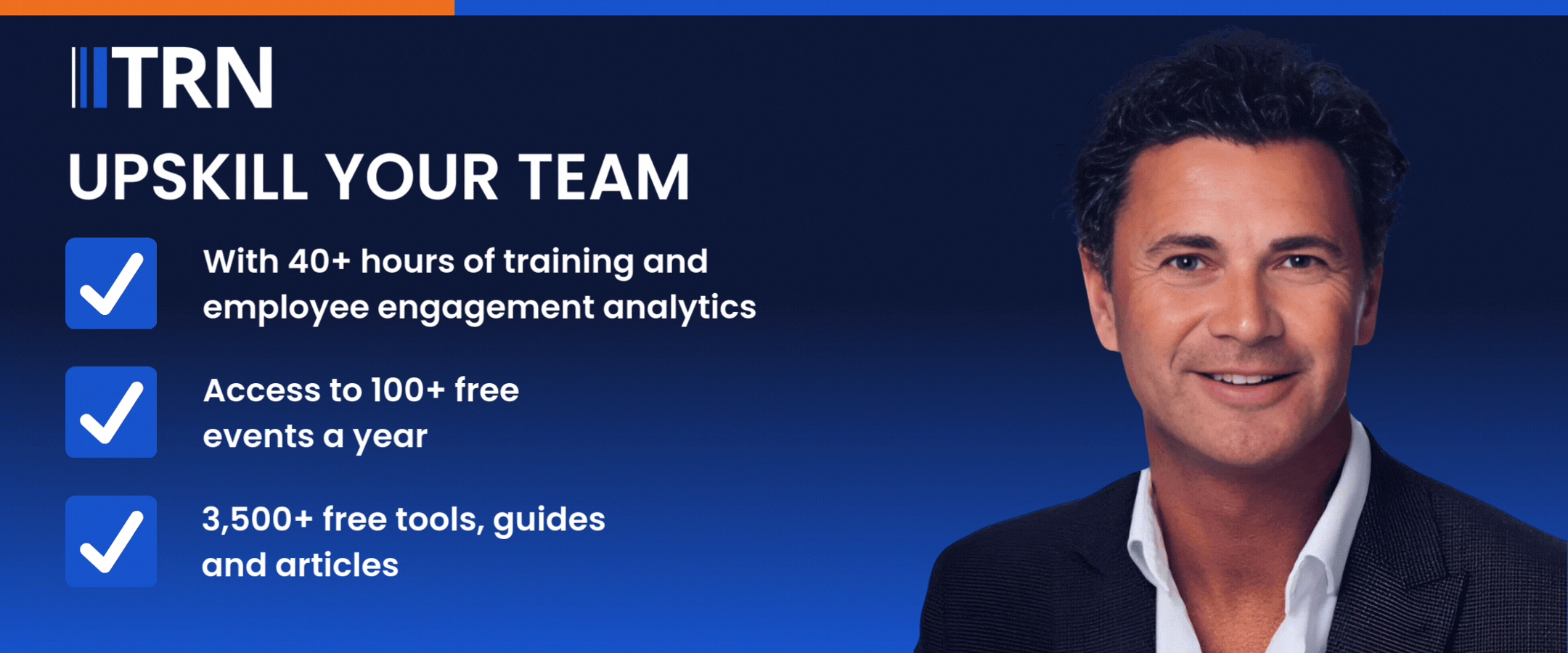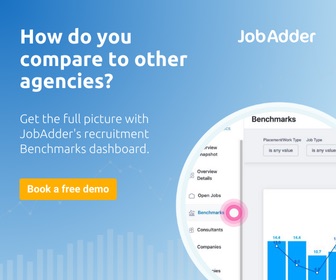The past couple of years has put what’s most important into perspective, with many questioning whether staying in a role that makes them unhappy is truly worth it. This realisation has sparked the mass exodus of talent and kickstarted the ‘Great Resignation’ – a trend to which many businesses have already fallen victim.
Our own research revealed nearly two-thirds of UK workers would leave their current employer within six months if they were unhappy – an eye-opening figure for businesses trying to recover from the impacts of the pandemic.
It’s critical that businesses recognise that a healthy work environment matters if they are to contend with the ‘Great Resignation’ and this all starts with building a successful recruitment strategy that attracts and retains the right talent. But with apathy reigning the job market, how can they achieve this?
Human experience is key
People have come to expect more from work, such as flexibility and perks. And this is only going to continue as we move into 2022. Undeniably, firms who do not address this will only accelerate workplace attrition and see more employees resign.
Of course, salary is important, but if they want to attract the right candidates, firms should focus more on personal development and human experience. It’s essential HR teams promote a working environment where candidates feel they can develop both personally and professionally.
Upskilling and reskilling are effective ways of achieving this. There is a misconception that these initiatives are expensive and always necessitate spending thousands on training courses. It can be as simple as identifying departments that have a strong bank of knowledge and developing insight-sharing programmes for those who are keen to learn new skills. Offering simple initiatives like this will help to attract the many candidates who are skeptical that a job that lacks development can support a fulfilling life.
Be open and welcoming
One of the biggest contenders in the ‘Great Resignation’ is lack of diversity and inclusion (D&I) initiatives in companies. Staggeringly, recent research shows 44% of organisations say candidates have turned down an interview or job offer due to lack of diversity in its workforce.
While in 2021, we saw a strong desire among companies to uphold principles of D&I, many still seem to have little to no understanding of how to actually implement an effective D&I strategy. This can be alienating for candidates, and companies not only risk failing on a moral front, but also missing out on a wealth of top talent.
Educating the workforce is a necessary starting point, but ensuring strategies are encouraged right from the recruitment stage is also key. Research suggests that 45% of companies believe their recruitment tools are ineffective for hiring based on the principles of diversity. Firms can tackle this by removing job postings that unintentionally use language stereotypically ascribed to men, or even introducing blind CVs. Introducing unconscious bias training for recruiters and HR teams can also help firms attract a diverse range of candidates.
Understand your candidates
Engaged employees are less likely to jump on the ‘Great Resignation’ bandwagon. Businesses must take the time to build a comprehensive understanding of who they’re actually hiring, rather than hiring solely based on experience.
This can be done through aptitude and behavioural testing, which provides insight into what makes a candidate productive, engaged, empowered and happy. Once this has been determined, recruiters will be able to work with HR teams to tailor working environments for individuals.
Take hybrid working as an example. While many have embraced its benefits – better work/life balance being the most obvious – it’s not for everyone. There will be candidates who wish to avoid distractions in an office environment. Others may experience higher levels of motivation when interacting with colleagues and clients face-to-face.
Understanding the psychological make-up of candidates will enable businesses to find the right mix of flexible working practices for new hires – and existing employees – that support both wellbeing and productivity. If employees and new candidates have assurances about the way they prefer to work, they will be less likely to up-sticks.
The great attract and retain
Ultimately, the hiring and onboarding process is a chance for organisations to demonstrate that they are not just a desirable place to work, but a place where employees can grow and prosper.
Effective policies on D&I, and initiatives on upskilling and reskilling should be made clear to candidates right from the get-go. But businesses must remember that there is no-one-size fits all approach. Everyone is different and harnessing the correct tools to measure the diverse behavioral traits of candidates is also key. Ultimately, businesses who fail to recognise this will fall behind and surrender to the ‘Great Resignation’.





